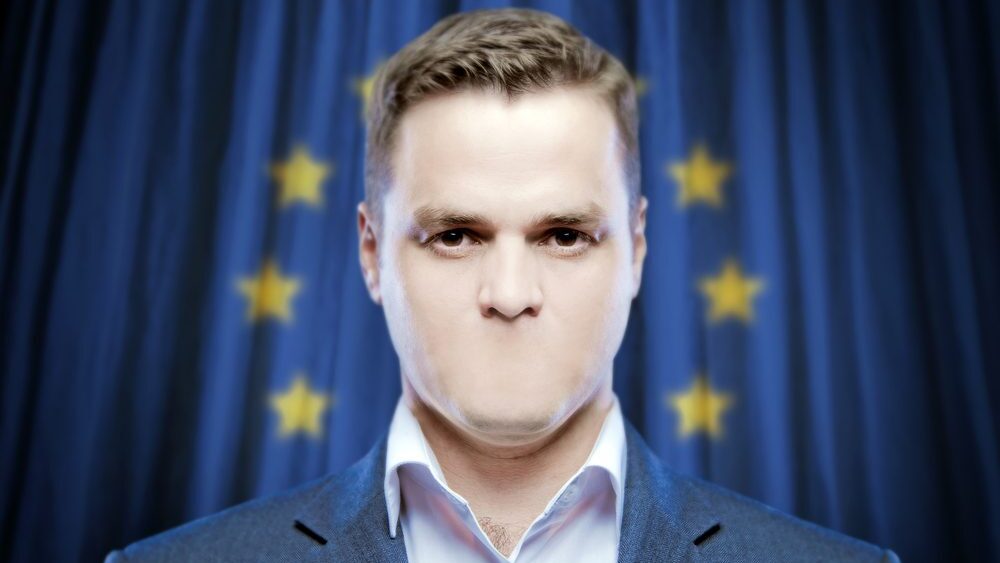
Sparking intense criticism from conservatives, the left-leaning majority of the European Parliament adopted a resolution calling for the extension of the EU crime list to include hate speech and hate crimes, which would allow the European Commission to introduce binding minimum penalties for all member states.
The vote, that took place on Thursday, January 18th, passed with 397 for and 121 against, with only 26 abstentions—the latter mainly coming from a handful of dissident leftists concerned that the law may be used to silence anti-Israel voices. As always, only the two conservative blocs, ECR and ID, voted against it while all leftist parties and the center-right EPP supported the report.
The document lays down two primary goals: including hate speech among the EU crimes specified in Article 83(1) TFEU which lists “particularly serious crime[s] with cross-border dimensions”—such as terrorism, human trafficking, drug and arms trafficking, money laundering, and organized crime—and are subject to EU-wide minimum rules regarding definitions and penalties.
According to the official explanation, hate speech deserves the same label because it’s so serious that not only affects an individual or a community “but also society as a whole, by undermining the foundations of the EU,” while social media instantly gives it a “cross-border dimension” as well.
The second goal underscored in the resolution is to extend the definition of hate speech and hate crimes to cover several additional victim categories. Currently, EU laws define them as hatred only toward a specific race, skin color, religion, nationality, or ethnicity, which leftist lawmakers argued is not nearly enough in today’s world.
Therefore, the document calls for extending the definition to “sex, sexual orientation, gender, gender identity, gender expression, sex characteristics, age, disability and any other fundamental characteristic.” Absent an objective definition, it’s easy to imagine the last one functioning as a blank check to cover whatever anyone might be offended by.
Furthermore, as the file’s Spanish rapporteur, the liberal Maite Pagazaurtundúa (Renew) underlined, that one of the main aims is to regulate hate speech in the online sphere, something the EU’s new Digital Services Act (DSA) already provides the perfect framework for.
“EU law progresses more slowly than the new dimensions of hate in these digital times,” Pagazaurtundúa said, emphasizing that “social media has normalized extremely hostile narratives,” that are otherwise “fueled by extremist and populist movements.”
Needless to say, the conservative MEPs in the room were not amused by this charade during Wednesday’s parliamentary debate.
“You don’t want a political debate, you want an inquisition!” MEP Patricia Chagnon from the French National Rally snapped at her colleagues.
If I were to say, for instance, I don’t want minors to receive hormonal treatment or other medical treatment, that’s not hate speech against transgender persons, that is a declaration of love for children. If I fight against excessive migration into my country, our continent … I’m not moved by hatred, but love for my country and for our continent.
Others were even more frank and to the point. “You’re the Big Brother,” Italian MEP Silvia Sardone (Lega) declared. “You establish thought crimes to limit the freedom of speech and expression … and to attack anyone who’s against your ideology.”
“The whole project must be seen as politically motivated,” MEP Harald Vilimsky (FPÖ) stressed ahead of this week’s plenary, adding that the text’s supposed guarantee of the freedom of expression can no longer be taken seriously in the EU. “Such statements are Orwellian Newspeak in Brussels and have become part of the standard repertoire.”
